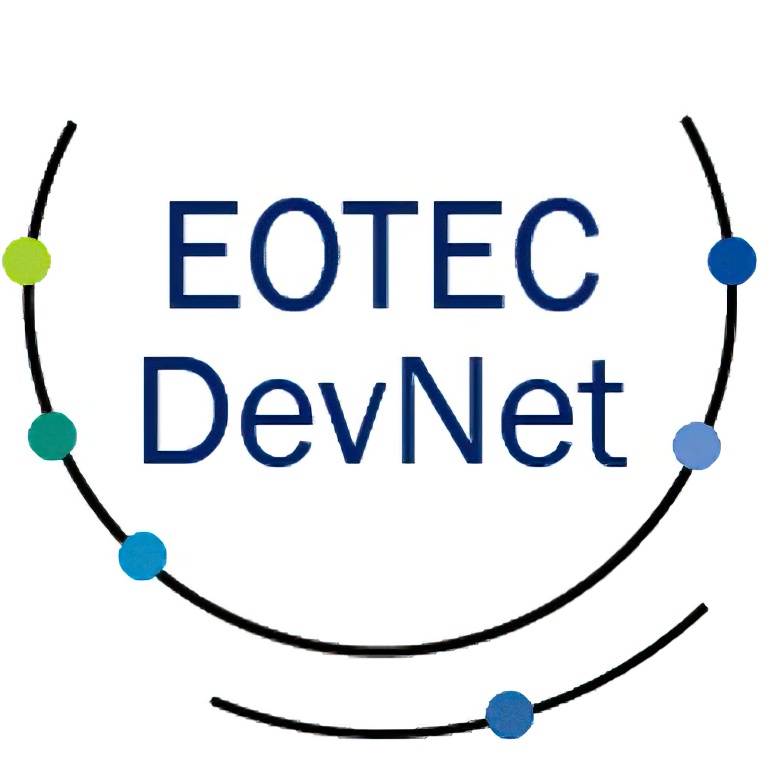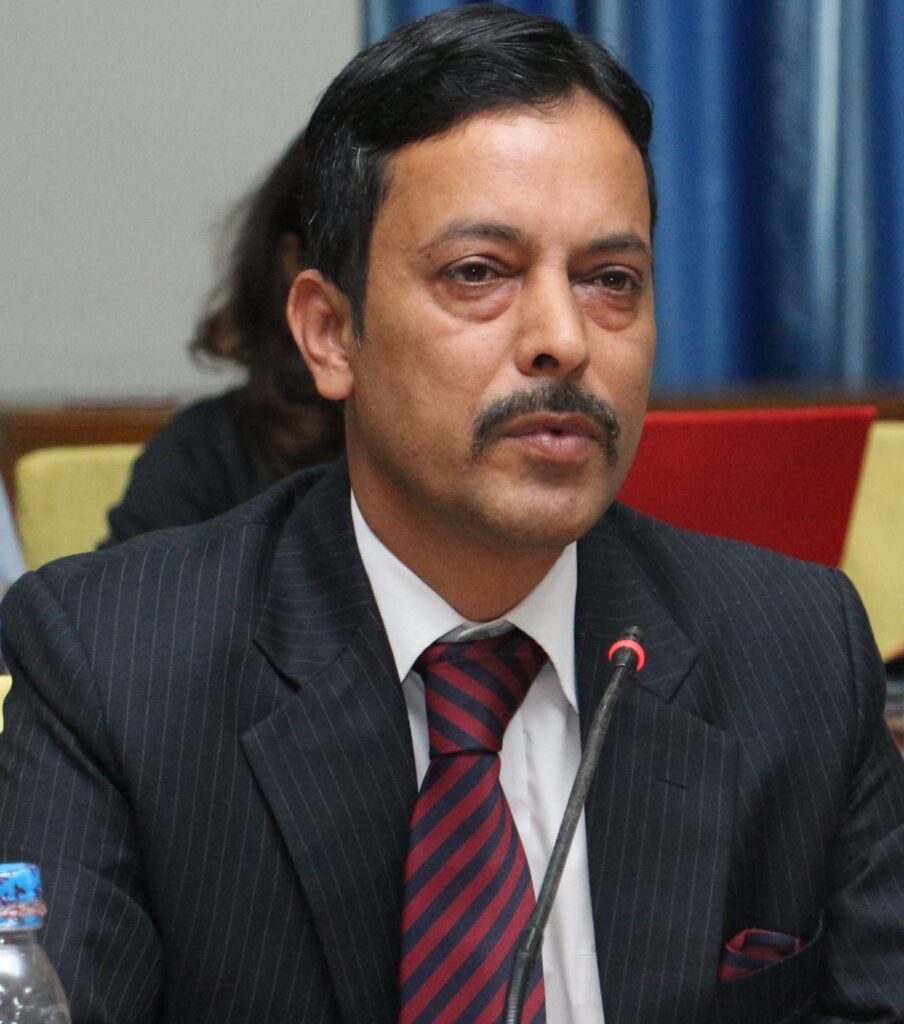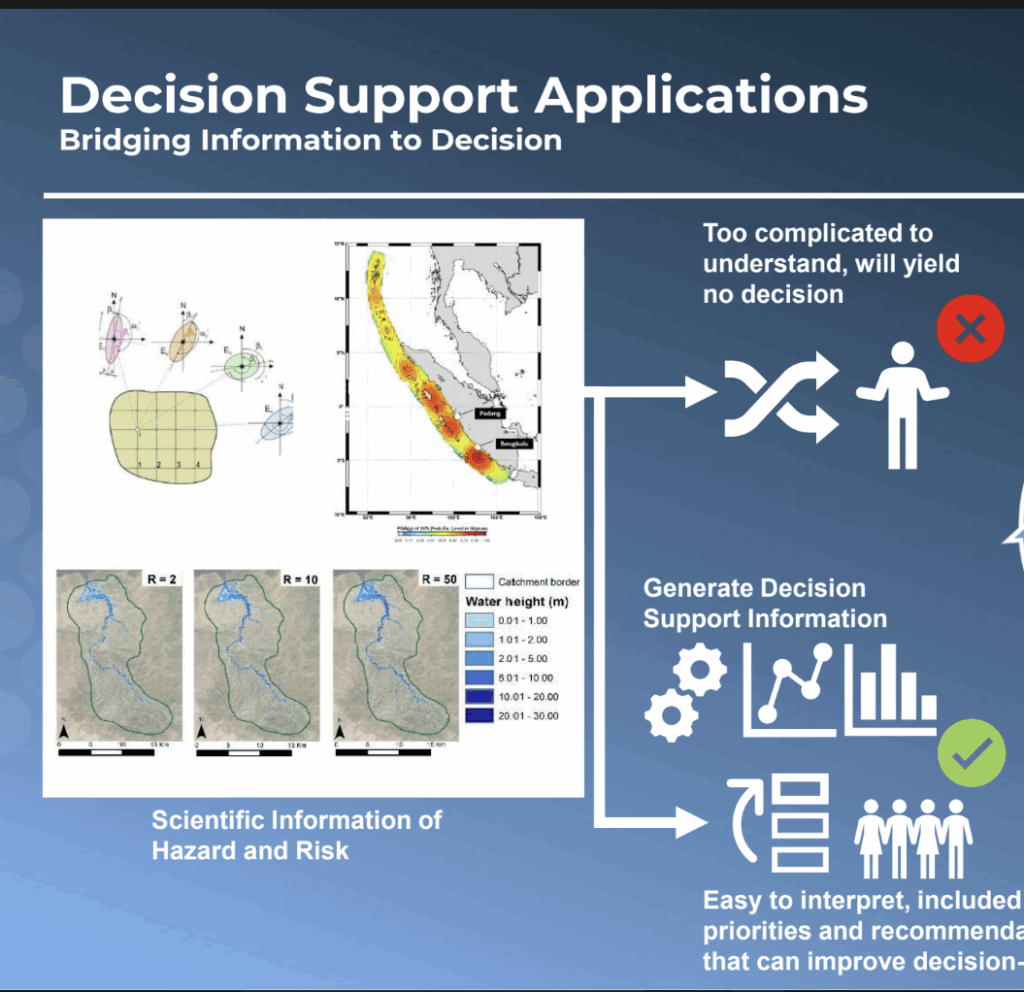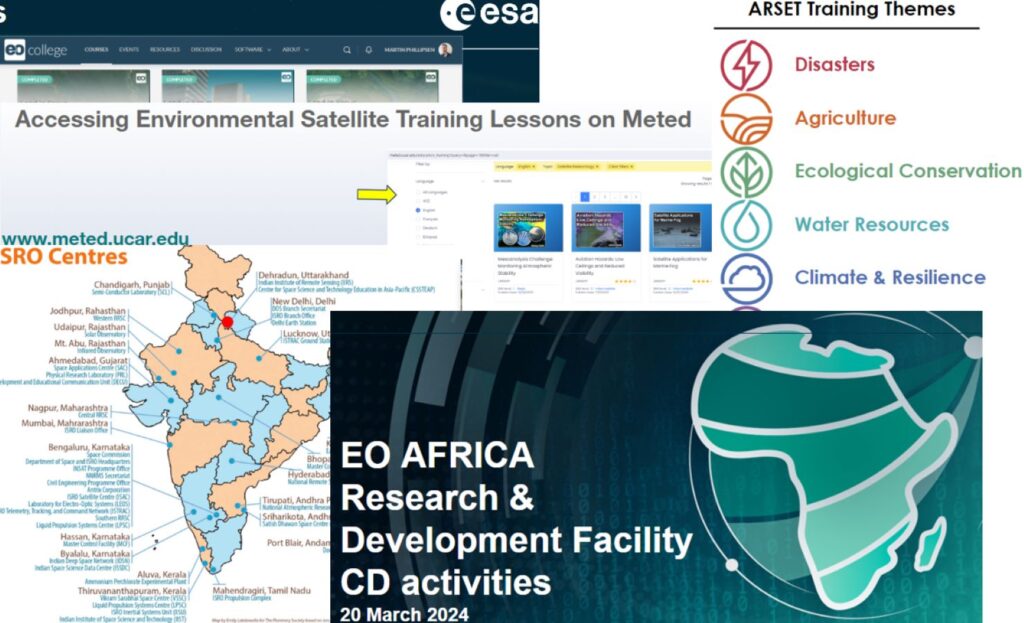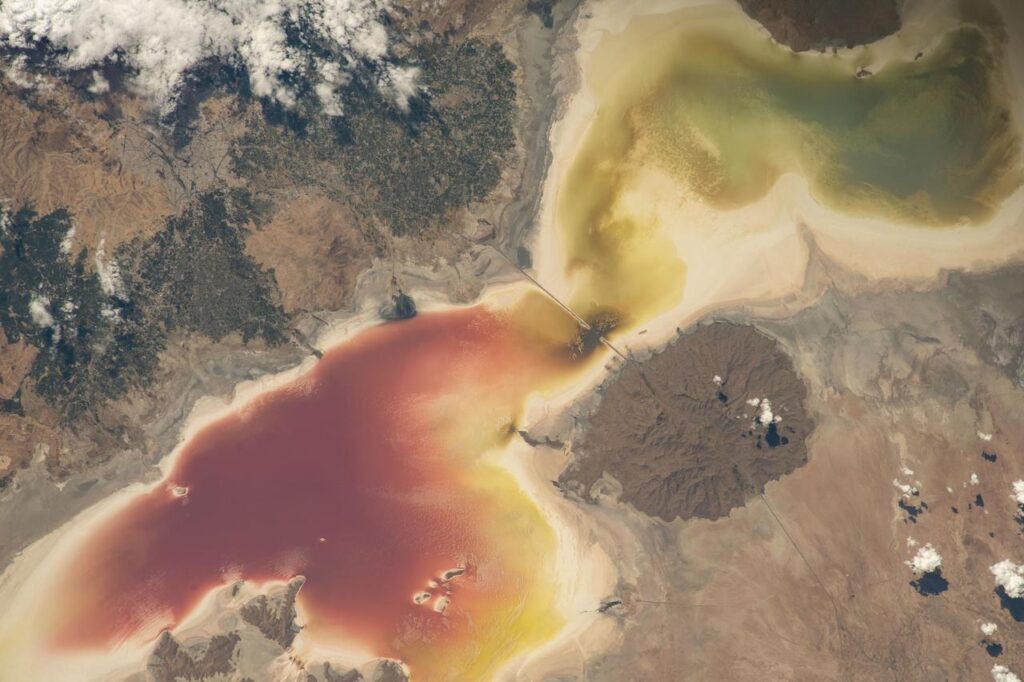Meet Fabiola Yépez Rincón, Americas Region CoP Task Team Lead
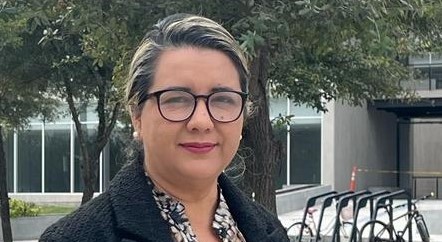
Recently awarded the prestigious 2024 Premio Mujer Tec by the Monterrey Institute of Technology and Higher Education (or Tec de Monterrey), Dra. Fabiola is a Research Professor and Head of the Department of Geomatics at the Universidad Autónoma de Nuevo León. Along with her EOTEC work, she also heads SELPER Mexico and SELPER International, and co-leads the ISPRS Disaster Management Working Group.
Dra. Fabiola, alongside your classroom work and research, you spend a lot of time collaborating with others on capacity building. Why is that important to you?
By concept, capacity building encourages local people to act – and it fosters a sense of ownership and empowerment in solving their needs. This is why capacity building on Earth observations is becoming a crucial strategy, especially for nations in the Global South, where the lack of information is a challenge to policy and decision-making on climate change adaptation.
How did you get into remote sensing and Earth observation?
Since I was very young, I wanted to dedicate my life to science, but it was not until I volunteered for the US Fish and Wildlife Service -monitoring white-fronted geese and golden eagles using GPS satellite trackers and satellite imagery in order to learn about their migration routes and winter habitats – that I understood the importance of geotechnologies.
What are your main research areas?
Climate change adaptation, mitigation of greenhouse gasses, resilience building and disaster risk reduction, especially related to floods and extreme heat. I am convinced that direct actions must be taken in our cities, where 56% of the global population lives, and where many people face a range of climate vulnerabilities. Unfortunately, natural infrastructure assets are still being lost in urban areas as a result of inadequate planning and lack of enforcement.
What will help more women pursue careers in STEM?
Persistence and audacity. But not just that – we also need to create opportunities and make it easy for young women to choose STEM careers. For example, during my doctoral program at the School of Engineering and Sciences of Tec de Monterrey, I was one of several women who were both mothers and students. We all received 100% scholarships. This kind of investment in women is key to the future of families and our efforts to build resilient societies. And of course, in parallel, it also has to come with a change in our culture, where our society values the engagement of women in science.
